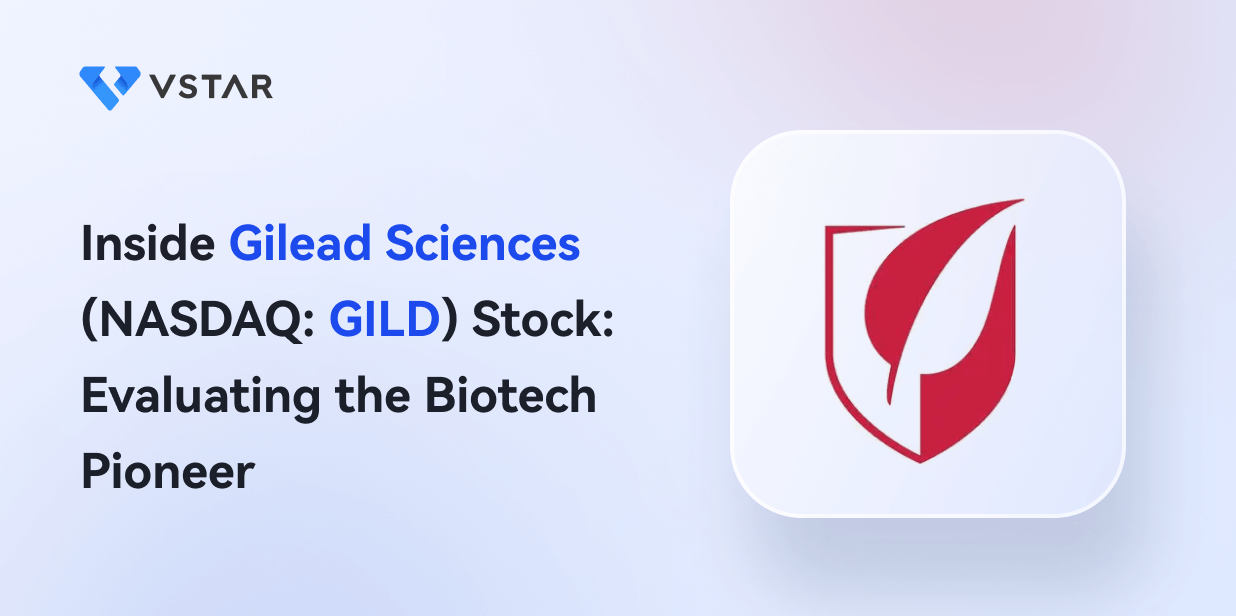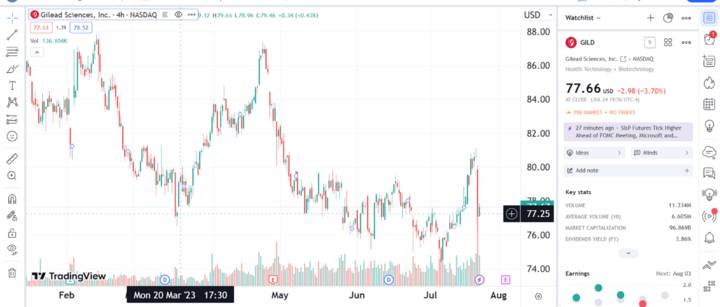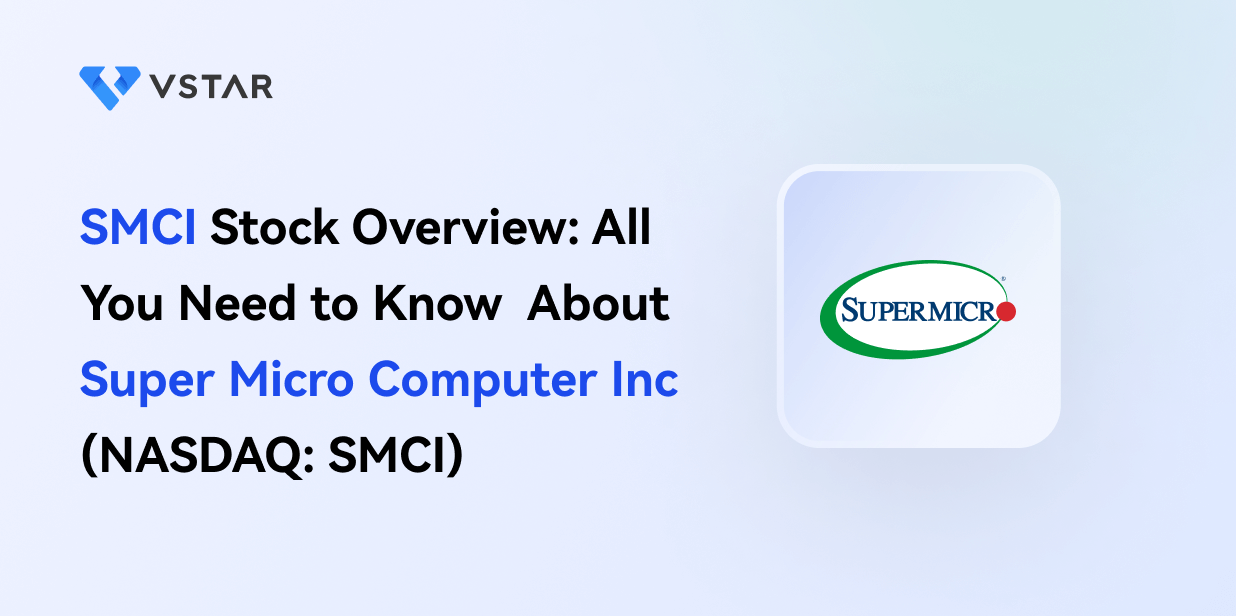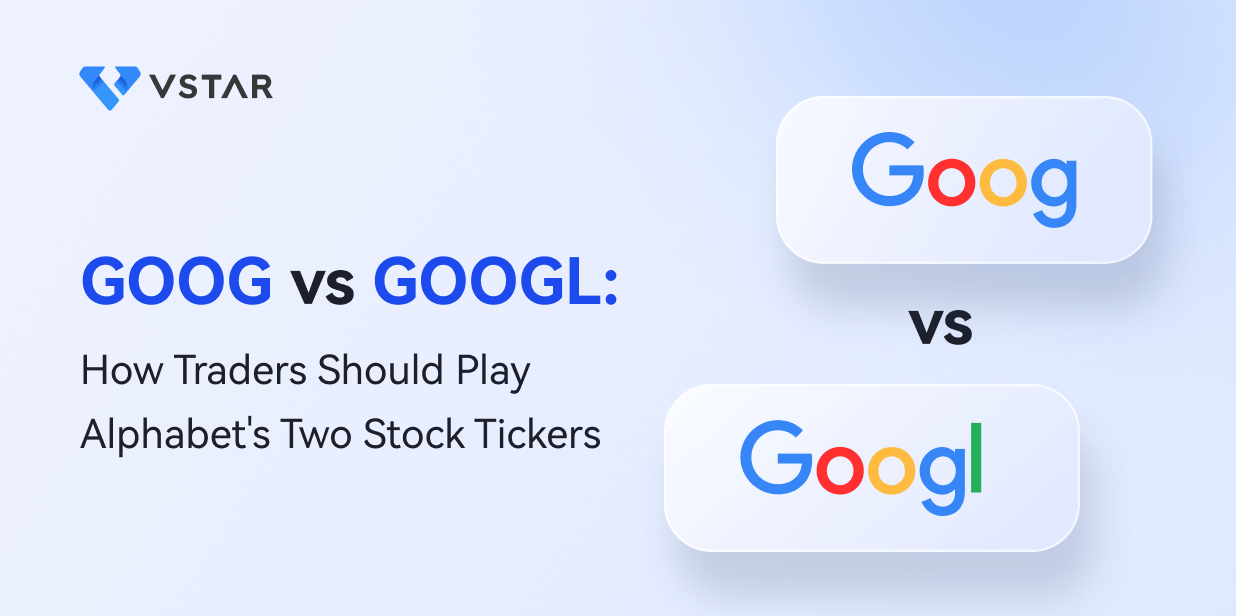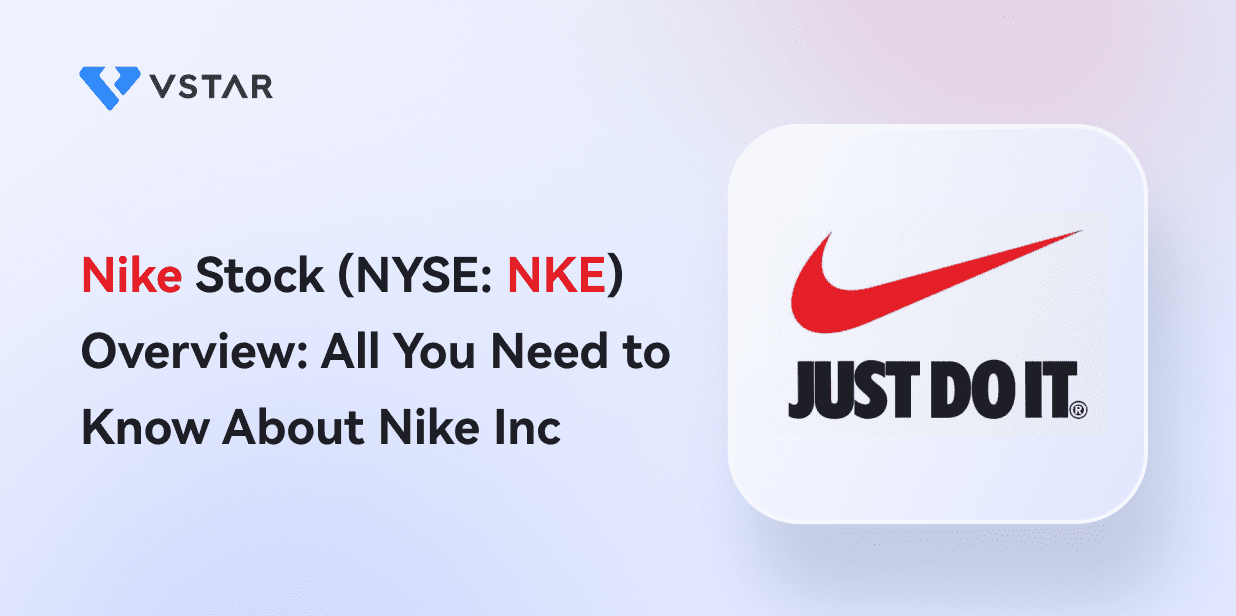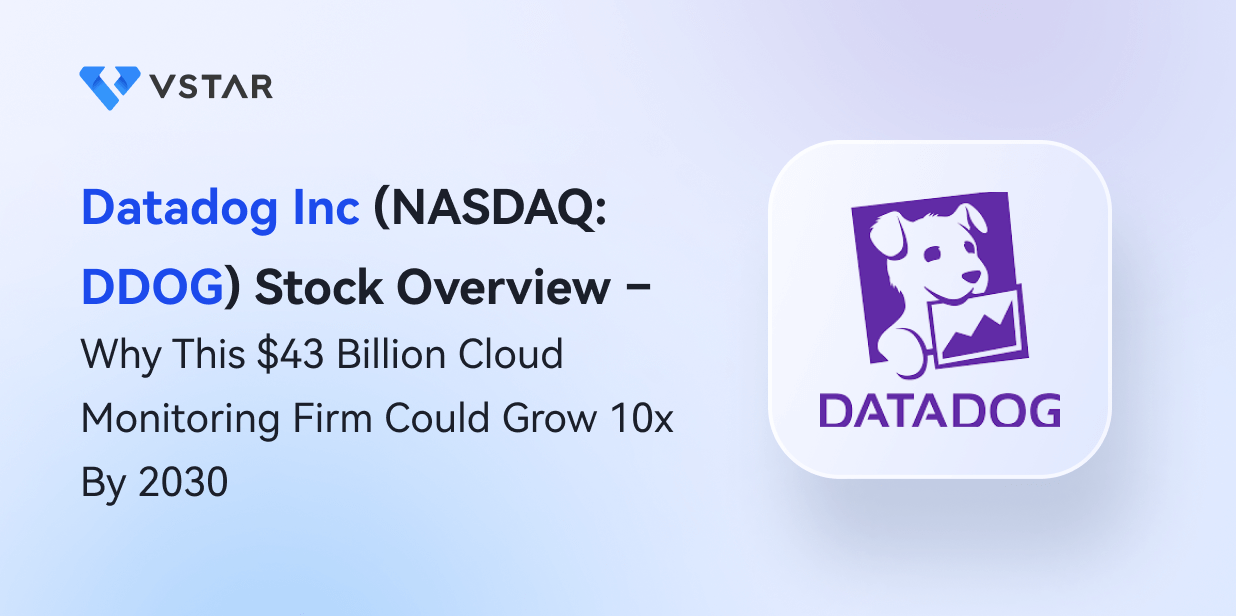Investing in the biotech sector can be a daunting task, given its inherent volatility and complex journey towards market approval. However, for savvy investors, identifying promising biotech stocks presents an opportunity for significant returns. Among the leaders in this space is Gilead Sciences (NASDAQ: GILD), a renowned biopharmaceutical company that has consistently carved a successful path over the years. With a diverse range of treatments targeting conditions from HIV to cancer, Gilead has earned its position as a strong player in the biotech industry.
The company's success story further accelerated during the pandemic, as Gilead's antiviral drug Remdesivir gained widespread recognition as a potential treatment for COVID-19. This success, combined with its strong financial position, has enabled Gilead to build an impressive cash war chest of $5.4 billion and record a robust $4.5 billion in net income.
In a strategic move to bolster its pipeline and solidify its market position, Gilead recently expanded its research collaboration with Arcus Biosciences. This collaboration is expected to drive further advancements in Gilead's portfolio, opening new opportunities for growth and innovation.
With a history of triumphs, a strong financial footing, and a promising research collaboration, Gilead Sciences emerges as an intriguing biotech stock for investors seeking to navigate the turbulent waters of the biotech landscape and potentially reap significant rewards. In this article, we will delve deeper into Gilead's recent developments, explore its financials, and analyze the factors contributing to its resilience in the biotech sector.
Overview of Gilead Sciences, Inc.

Image Source: Istock
What is Gilead
Founded in 1987 by Michael Riordan, M.D., Gilead Sciences Inc. has established itself as a leading biopharmaceutical company, focusing on discovering, developing, and commercialising medicines to address unmet medical needs worldwide. Headquartered in Foster City, California, Gilead operates in several segments, offering a diverse range of treatments for conditions such as HIV/AIDS, viral hepatitis, oncology, pulmonary arterial hypertension, and invasive fungal infections.
At the helm of the company is the experienced and visionary CEO, Mr. Daniel P. O'Day, who joined Gilead Sciences in March 2019. Mr. O'Day's impressive career at Roche spans more than three decades, and his strategic leadership has propelled Gilead to new heights.
Over the years, Gilead has achieved significant milestones, solidifying its position in the biotech industry. These accomplishments include FDA approvals for groundbreaking treatments like Truvada for HIV prevention (PrEP) in 2012 and Sovaldi for hepatitis C treatment in 2013. The company's notable acquisitions, philanthropic efforts, and collaborations have further shaped its growth trajectory.
The top investors in Gilead Stock include Capital Research and Management Company, Black Group, and Vanguard Group.
Diverse Revenue Streams: How Gilead Sciences Makes Money
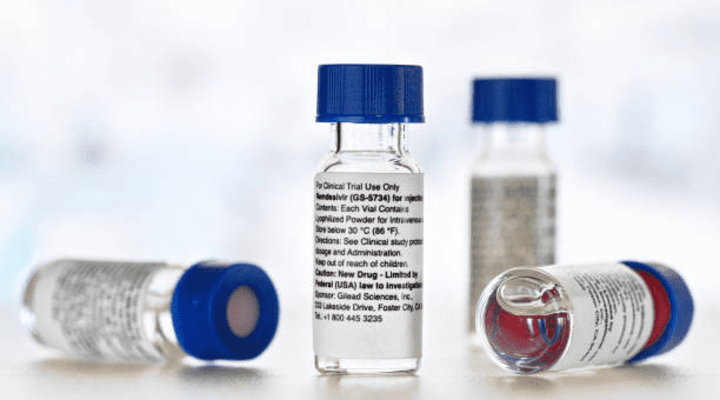
Image Source: Istock
Here's a brief overview of how Gilead makes money:
- HIV/AIDS Treatments: Gilead's extensive range of HIV/AIDS treatments, including Biktarvy, Genvoya, Truvada, and more, contribute significantly to its revenue. These drugs are widely prescribed to patients living with HIV, addressing critical medical needs.
- Viral Hepatitis Therapies: The company offers effective therapies for viral hepatitis, such as Epclusa, Harvoni, and Vosevi, generating substantial revenue from patients seeking treatment for hepatitis C.
- Oncology Drugs: Gilead's oncology treatments, including Yescarta and Trodelvy, serve patients battling cancer and contribute to its revenue stream in the field of cancer therapeutics.
- Pulmonary Arterial Hypertension Treatment: Gilead's oral formulation, Letairis, addresses pulmonary arterial hypertension, providing a revenue stream from patients with this condition.
- Antifungal Medications: Sales of AmBisome, Gilead's liposomal formulation for serious invasive fungal infections, contribute to its revenue in the treatment of fungal diseases.
- COVID-19 Drug (Veklury): During the pandemic, Gilead's antiviral drug, Veklury (Remdesivir), became an essential treatment for COVID-19 patients, further bolstering its revenue.
- Strategic Collaborations: Gilead engages in collaboration agreements with other companies, resulting in milestone payments, royalties, and joint product development, contributing to its overall revenue.
Gilead Sciences Inc.'s Business Model and Products
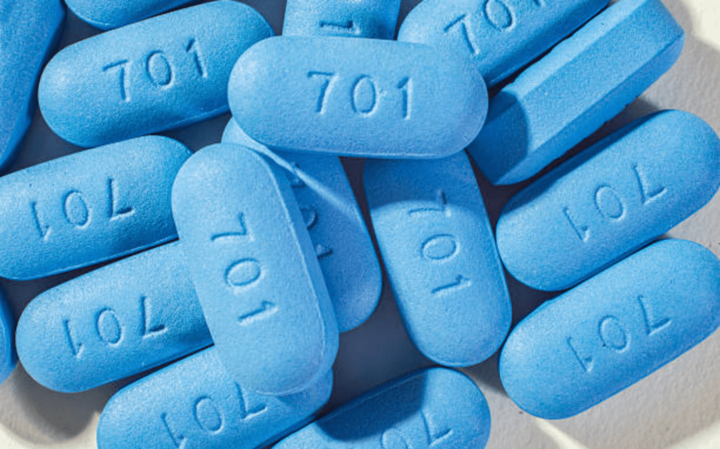
Image Source: Istock
Gilead Sciences' business model revolves around commercializing its diverse portfolio of medicines, targeting areas with significant unmet medical needs. Notably, the company's HIV/AIDS treatments, including Biktarvy, Genvoya, Descovy, Odefsey, Truvada, Complera/Eviplera, Stribild, and Atripla, have transformed patient care, garnering widespread recognition.
The company's response to the COVID-19 pandemic further solidified its market success with the intravenous injection Veklury, known for treating coronavirus disease 2019. In the viral hepatitis space, Gilead offers Epclusa, Harvoni, Vosevi, Vemlidy, and Viread, making significant strides in combating the disease.
Gilead's contributions to oncology include Yescarta, Tecartus, Trodelvy, and Zydelig, promising treatments for patients with cancer. Additionally, the company addresses pulmonary arterial hypertension with Letairis and tackles serious invasive fungal infections with AmBisome.
Moreover, Gilead has strategically collaborated with industry leaders, such as Arcus Biosciences, Merck & Co., Inc., and Japan Tobacco, Inc., to bolster its robust pipeline and drive future growth prospects.
Financial Statements: Gilead's Steady Financial Foundation

Image Source: Istock
Gilead's unwavering financial strength is evident in its market capitalization of US$96.87 billion, a testament to investor confidence in the company's trajectory. Gilead successfully balances growth and profitability, solidifying its position, with a net income of US$5.58 billion and revenue of US$27.04 billion. The gross profit margin was 79.42%, showing a high rate of profitability.
Meanwhile, the debt-to-equity ratio was 119.7% which includes a total shareholder equity of $2.1 billion and total debt of $25.2 billion.
With a cash war chest of $5.4 billion and a robust net income of $5.58 billion, a 32.56% year over year increase. Gilead Sciences demonstrates financial stability, underpinning its ability to drive innovation and invest in research and development.
Valuation Metrics
Gilead's valuation metrics offer insight into its compelling story. With a trailing P/E of 3.62, a P/S of 4.61, and an EV/EBITDA of 11.16, the company's potential shines.
Looking at the P/E ratio, which indicates the market's expectations for future earnings growth, we see that the industry average stands at 16.6x, with a growth estimate of 16.3%. Gilead's P/E ratio of 18.1x suggests that investors may be anticipating slightly lower growth, as it falls above the industry average. This could signal either optimism about Gilead's future prospects or a potential overvaluation compared to its peers.
GILD Stock Performance Analysis: Navigating the Waves of Success
GILD Stock Trading Information
Gilead Sciences Inc. (NASDAQ: GILD) burst onto the scene with a significant initial public offering (IPO) on February 22, 2001, establishing its presence as a pioneering biotech force. Headquartered in the United States, Gilead stands as a research and development hub, steadfastly pursuing medical breakthroughs.
Gilead's stock is animated during regular trading hours from 9:30 AM to 4:00 PM Eastern Time, but its allure extends beyond pre-market and after-market trading sessions offer investors opportunities to respond to critical news and events, shaping the stock's performance.
GILD Stock Splits
Throughout its transformative journey, Gilead Sciences has implemented stock splits on key dates: February 22, 2001, March 8, 2002, September 7, 2004, June 25, 2007, and January 28, 2013. These splits enhance liquidity and accessibility for investors, making Gilead stock a coveted addition to portfolios.
GILD Dividend
Gilead's commitment to rewarding shareholders is unwavering. Regular quarterly dividends have been a cornerstone of this dedication, evident in dividends paid on December 12, 2019, December 13, 2016, December 13, 2018, December 14, 2015, and December 14, 2017. These dividends reflect Gilead's mission to share its triumphs with those who believe in its vision.
GILD Stock Price Performance since its IPO
Gilead's stock performance reflects fluctuations since its IPO. The 52-week high hit $89.74, and the low reached $59.27, showcasing the dynamics of the biotech industry.
Amid waves, Gilead maintains stability with weekly volatility around +/- 3%, calmer than 75% of US stocks in the past three months.
Market shifts saw a $2.98 (-3.70%) drop to $77.66 on July 24. Wall Street holds Gilead Sciences stock undervalued. The $90.76 average Gilead Sciences stock price target suggests a potential 16.87% upside, sparking optimism for brighter days.
Key Drivers of GILD Stock Price
The dynamic fluctuations in the Gilead stock price are influenced by an intricate interplay of several pivotal factors. Notably, the performance of its diverse drug portfolio, marked by flagship products like remdesivir, wields a significant influence, while the resonance of regulatory approvals and prevailing market trends sway investor sentiment. The trajectory of research and development endeavors, coupled with the outcomes of robust clinical trials and the response to emerging health challenges, are pivotal determinants of growth potential.
GILD Stock Forecast

Image Source: Istock
Amidst market changes, Gilead's stock forecast remains intriguing. The moving average divergence (MACD) indicator at 0.52 signifies a sell sentiment. However, analyzing the data, the 20-day exponential moving average at $77.67, the 50-day exponential moving average at $77.82, and the 100-day exponential moving average at $78.11 indicate a coordinated Buy sentiment.
Technical analysis is illuminated by the 50-day simple moving average at $77.23 and the 100-day simple moving average at $78.81, generating Buy signals.
The resistance levels, notably set at $90.00, $95.00, and $100.00, represent points where the stock's upward momentum may encounter challenges. If the stock manages to surpass these resistance thresholds, it could indicate an upward trend. Conversely, the support levels at $80.00, $75.00, and $70.00 indicate price points where the stock is anticipated to find stability during a decline.
Analyst Forecasts for Gilead Stock
Gilead Sciences (GILD) has garnered attention from analysts in the past three months, with a consensus rating of "Moderate Buy" based on 15 analyst ratings. Among these, 8 analysts have given the stock a "Buy" rating, while the remaining 7 analysts have endorsed a "Hold" recommendation. Notably, no analysts have recommended a "Sell" rating for GILD.
Looking ahead, the 12-month forecast for GILD stock indicates a positive outlook. Based on assessments from 15 Wall Street analysts, the average Gilead stock price target is $89.40. This target reflects an estimated upside potential of 11.61% from the current GILD stock price of $80.10. The price targets provided by analysts vary, with the highest Gilead Science stock forecast set at $101.00 and the lowest at $80.00.
These analyst recommendations and price targets underscore a generally favorable sentiment towards Gilead Sciences, with a majority of analysts leaning towards a "Buy" or "Hold" stance, and price targets suggesting potential growth in the stock's value over the coming months.
Challenges and Opportunities
Competitive Risks: Analyzing Threats from Key Competitors
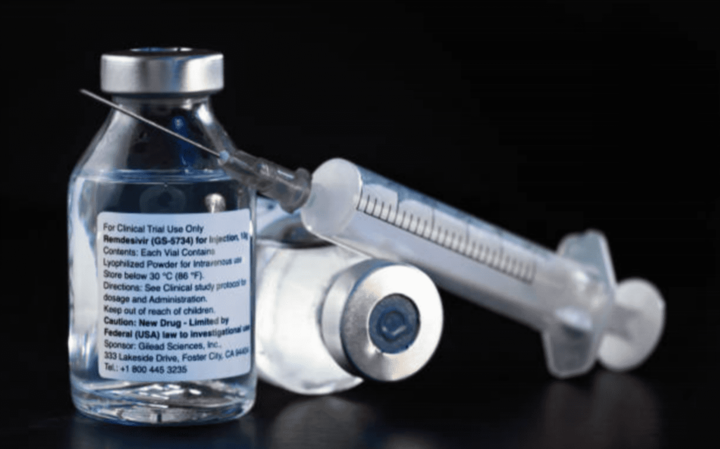
Image Source: Istock
Gilead Sciences faces robust competition in the biotech sector, with Merck, Johnson & Johnson, and AbbVie emerging as major adversaries. These industry leaders possess significant resources and extensive research capabilities, making them formidable rivals. However, Gilead's well-established competitive advantages continue to fortify its market position and mitigate potential risks.
Competitive Advantages of Gilead Sciences
Maintaining Dominance in the HIV Franchise:
Gilead has maintained its unwavering leadership in the HIV treatment industry thanks to a wide range of ground-breaking drugs like Biktarvy, Genvoya, and Truvada. This early-mover advantage, coupled with relentless R&D efforts, solidifies Gilead's foothold in the HIV market, ensuring consistent revenue streams and fostering unwavering patient loyalty.
Diversification for Resilience:
Recognizing the importance of diversification, Gilead has strategically pursued acquisitions to expand its therapeutic reach beyond HIV. The company's diverse product offerings in areas like oncology, liver diseases, and inflammatory conditions mitigate dependence on a single product category, enhancing its resilience against competitive pressures.
Commitment to Pioneering Innovation:
Gilead's unwavering dedication to cutting-edge research and development empowers it to explore revolutionary treatment options and pursue novel therapies. This culture of innovation positions Gilead to deliver transformative medicines, reinforcing its competitive edge.
Other Risks: Pipeline Setbacks and Patent Expirations
As with any biotech pioneer, Gilead faces inherent risks related to pipeline setbacks and patent expirations.
Pipeline Setbacks
The intricate drug development process and the uncertainties associated with clinical trials can result in unforeseen challenges. Unfavourable trial outcomes or delays in product development could lead to pipeline setbacks, affect product launches, and potentially impact future revenue growth.
Patent Expirations
The expiration of patents on Gilead's top-selling drugs exposes them to generic competition. This could erode market share and reduce revenues from previously high-margin products.
Growth Opportunities
Expanding the HIV Market
Gilead aims to extend its leadership in the HIV market by improving global access to its life-saving treatments. By targeting underpenetrated regions and forging strong collaborations with healthcare stakeholders, Gilead seeks to reach more patients in need.
Strategic Acquisitions and Collaborations
Through selective acquisitions and collaborations, Gilead enhances its drug pipeline and diversifies its therapeutic portfolio. Noteworthy recent examples include the acquisition of Forty Seven Inc., which bolsters Gilead's presence in liver diseases and cancer treatments.
Research in Niche Areas
Gilead's focus on niche areas, such as non-alcoholic steatohepatitis (NASH) and chronic kidney disease, demonstrates its commitment to exploring unmet medical needs and pioneering solutions in specialized markets.
Future Outlook and Financial Projections

Image Source: Istock
Gilead Sciences maintains a steady and robust outlook for the future, reflecting the company's commitment to driving growth and delivering innovative medical solutions. The recent financial projections for the year emphasize Gilead's prudent approach to managing challenges while capitalizing on opportunities in the biopharmaceutical industry.
Total Product Sales and Veklury Revenues
Gilead projects total product sales for the year to remain within the range of $26.0 billion and $26.5 billion, reaffirming its resilience amid a dynamic market landscape. Additionally, excluding Veklury sales, total product sales are estimated to be between $24.0 billion and $24.5 billion. The continued steady guidance underscores Gilead's dedication to maintaining its market presence and addressing medical needs effectively.
The estimated total sales for Veklury, the antiviral drug for COVID-19, are approximately $2.0 billion.
Why Traders Should Consider GILD Stock
- Resilient Revenue Streams: Gilead's diverse portfolio of life-saving treatments, particularly in the HIV segment, provides the company with steady revenue streams. This stability is attractive to traders seeking a reliable investment with the potential for consistent returns.
- Strong Pipeline and Innovation: Gilead's commitment to research and development has yielded a robust pipeline of promising therapies. Traders may find Gilead appealing due to its potential for future growth and breakthrough innovations.
- Market Leadership: Gilead holds a dominant position in the HIV treatment market and maintains a solid presence in other therapeutic areas like oncology and liver diseases. Such market leadership can create a competitive advantage, making Gilead an attractive choice for traders seeking established market players.
- Mergers and Acquisitions (M&A) Strategy: Gilead's strategic acquisitions and collaborations demonstrate its proactive approach to diversifying its drug portfolio. Traders might see Gilead's M&A activity as a positive sign of the company's commitment to expansion and long-term growth.
- Pandemic-related Opportunities: The demand for Gilead's antiviral drug, Veklury, during the COVID-19 pandemic presents potential trading opportunities. Traders who closely monitor pandemic-related developments may capitalize on shifts in Veklury sales based on varying infection rates and surges.
Trading Strategies for GILD Stock
Mean Reversion Strategy
This strategy involves capitalizing on price reversals. When GILD stock reaches extreme levels, such as hitting support at $70.00 or resistance at $100.00, traders might anticipate a reversal. Long positions can be initiated near support, expecting a price bounce, while short positions could be considered near resistance, anticipating a pullback.
Swing Trading Strategy
Swing traders seek to capture short to medium term price fluctuations. They may enter positions based on technical indicators, chart patterns, and short-term trends. Swing traders could buy near support levels and sell near resistance levels, aiming to profit from predictable price movements within these ranges.
CFD (Contracts for Difference) Trading Strategy
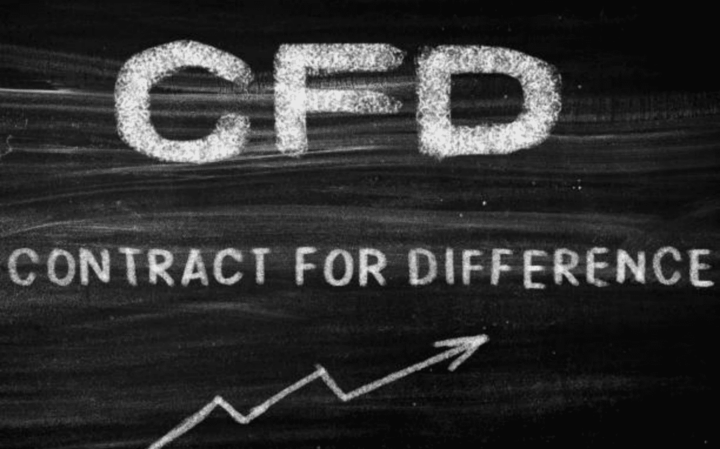
Image Source: Istock
- Leverage: CFDs offer traders the option to trade on margin, allowing them to control larger positions with a smaller capital outlay. This potential leverage may amplify potential gains, but traders should also be mindful of the increased risk associated with leverage.
- Short Selling: CFDs enable traders to profit from both rising and falling prices. This means that traders can take advantage of bearish trends by selling CFDs without owning the underlying shares, potentially capitalizing on market downturns.
- No Ownership or Stamp Duty: CFD trading does not involve owning the actual stock, eliminating the need for stamp duty taxes in some regions. This cost-saving feature can enhance overall trading performance.
Trade GILD Stock CFDs with VSTAR

Image Source: Istock
- Advanced Trading Technology: VSTAR provides a state-of-the-art trading platform equipped with cutting-edge tools and features. From real-time price charts to technical indicators and analysis tools, traders gain access to essential resources for making informed decisions.
- User-Friendly Interface: VSTAR's platform is designed to be user-friendly and intuitive, catering to traders of all experience levels. Whether you're a seasoned professional or a novice trader, navigating the platform is seamless, allowing you to focus on your trading strategies.
- Enhanced Security: With VSTAR, traders can trade GILD CFDs with confidence, knowing that their funds and personal information are protected with robust security measures. VSTAR prioritizes client safety and operates under strict regulatory guidelines.
- Leveraged Trading: CFD trading on VSTAR allows for leveraged positions, enabling traders to control larger positions with a fraction of the total trade value. This leverage amplifies potential profits, but it is essential to use it wisely and manage risks effectively.
- Access to Diverse Markets: VSTAR not only provides access to GILD CFDs but also offers a wide range of other trading instruments, including indices, commodities, forex, and cryptocurrencies. This diversity empowers traders to explore various opportunities and diversify their portfolios.
- Professional Support: VSTAR offers exceptional customer support, with a team of experienced professionals ready to assist traders with any questions or issues they may encounter. Prompt and reliable support enhances the overall trading experience.
Conclusion
Gilead Sciences Inc. (NASDAQ: GILD) stands as an alluring prospect for traders due to its prominent position in the biotech sector and a diverse range of life-saving treatments. The company's HIV franchise ensures consistent revenue, while its unwavering commitment to research and development opens doors to future growth avenues.
GILD's financial performance demonstrates resilience, with unwavering revenue and robust profit margins. Recent stock movements suggest that it may be currently undervalued, presenting an enticing opportunity for astute traders. The future outlook remains optimistic, as Gilead continues to forge ahead with a strong pipeline and explores avenues for expansion.
When considering GILD stock trading, traders can delve into CFD trading through platforms like VSTAR. VSTAR boasts advanced technology, an intuitive user interface, heightened security, and access to diverse markets.
FAQs
1. Is GILD a Buy, Sell or Hold?
The current GILD stock price is close to the fair value estimate. At this valuation, GILD stock is a Hold.
2. Who owns the most Gilead shares?
The two largest holders of Gilead stock are Wellington Management Group, which owns nearly 8% of the shares, and State Street Corporation, which owns about 4.5% of the shares.
3. What is the dividend growth rate for GILD stock?
GILD stock has not had significant dividend growth in recent years. The dividend has been flat or declining with a 5-year CAGR of -2%.
4. What is the future price of Gilead stock?
Based on expectations for GILD's growth over the next year and trends in the biotech sector, GILD stock will trade around $82 per share over the next 12 months.
